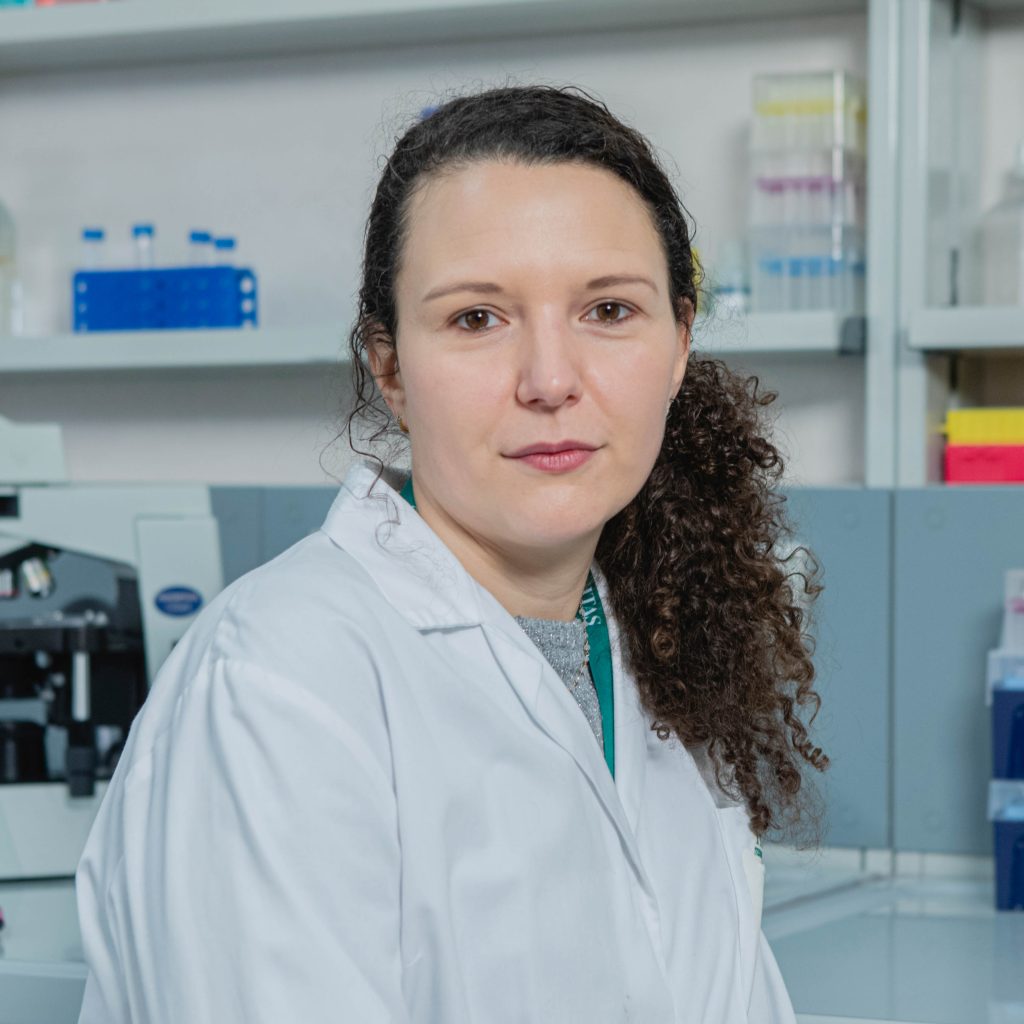Monica Tambalo graduated in Molecular Biology from the University of Padua in 2010, after spending one year as an Erasmus student in Paris where she studied at the Master of Genetics (Paris Diderot University) and worked in the laboratory of Dr. Jamilé Hazan using zebrafish embryos to study motor axon development and spastic paraplegia. She then joined Prof. Andrea Streit lab for her PhD in the Centre of Craniofacial & Regenerative Biology at King’s College London (UK). There her work aimed at deciphering the molecular mechanisms regulating the early cell fate decisions of sensory progenitors, with a focus on how inner ear precursors are established. In 2015, she joined Dr. David Wilkinson’s lab at the Francis Crick Institute where she studied how neurogenesis becomes patterned within the developing zebrafish hindbrain and used CRISPR/Cas9 technology to study gene function in brain development.
She is now working as a Postdoctoral fellow in Prof. Simona Lodato’s lab. She is currently investigating cell fate decisions in the human cortex and the impact of infantile epilepsy in cortical development, aiming at understanding the molecular mechanisms of neurogenesis and linking them to neurodevelopmental diseases. She is using human cortical organoids to model in vitro human development and disease.
She is also collaborating with engineers at Politecnico di Milano to built a new generation of organoids thanks to cutting-edge 3D bioprinting technologies. She is contributing to generate such innovative models where vascular cells are placed next to cortical progenitors and neurons to improve the geometry and complexity of brain organoids. Overall, these complementary approaches will generate not only novel insight into human development diseases but will also constitute an important framework for drug screening and precision medicine.
